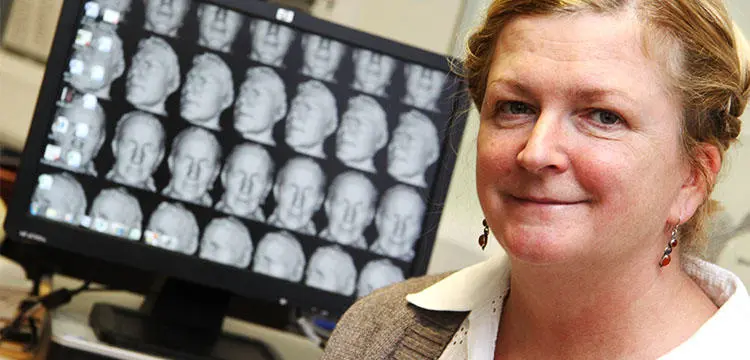Stroke survivors have benefitted after research led by Professor Liz Lightbody and the Stroke Research Team have improved how psychological support is provided to people after a stroke.
Their research has highlighted the substantial psychological needs post-stroke such as depression, anxiety, and emotionalism. More than half of stroke survivors experience these disabling psychological problems; 7 million worldwide and annually, more than 33,000 in the UK. These problems increase cardiovascular-related illness and the risk of death, whilst contributing to further NHS costs. Improving psychological care after stroke enhances patients’ health, their quality-of-life and reduces the burden on NHS services.
The Stroke Team have provided good-quality evidence to both prevent and treat psychological problems following stroke. They have revolutionised the assessment and management of these patients by developing reliable mood screening tools, enabling and expediting intervention and support. New collaborations between stroke teams and psychological services have arisen as a result of the research and this has helped develop new ways of training staff to ensure they have the correct skills to provide tailored quality care.
The team achieved further impact with the transformation of the management of psychological problems after stroke, using new therapies while introducing changes to prescribing practice. Motivational interviewing, an existing talk-based therapy, originally used to help people with addictions, was specifically adapted by the team for stroke survivors and is now recommended in national and international guidelines. Whilst the use of fluoxetine, a previously commonly prescribed anti-depressant, has been reduced because it was shown to increase the risk of bone fractures.
Research team
- Professor Liz Lightbody
- Professor Caroline Watkins
- Emma Holland
- Kulsum Patel
- Professor Maree Hackett
- Professor Andrew Clegg

